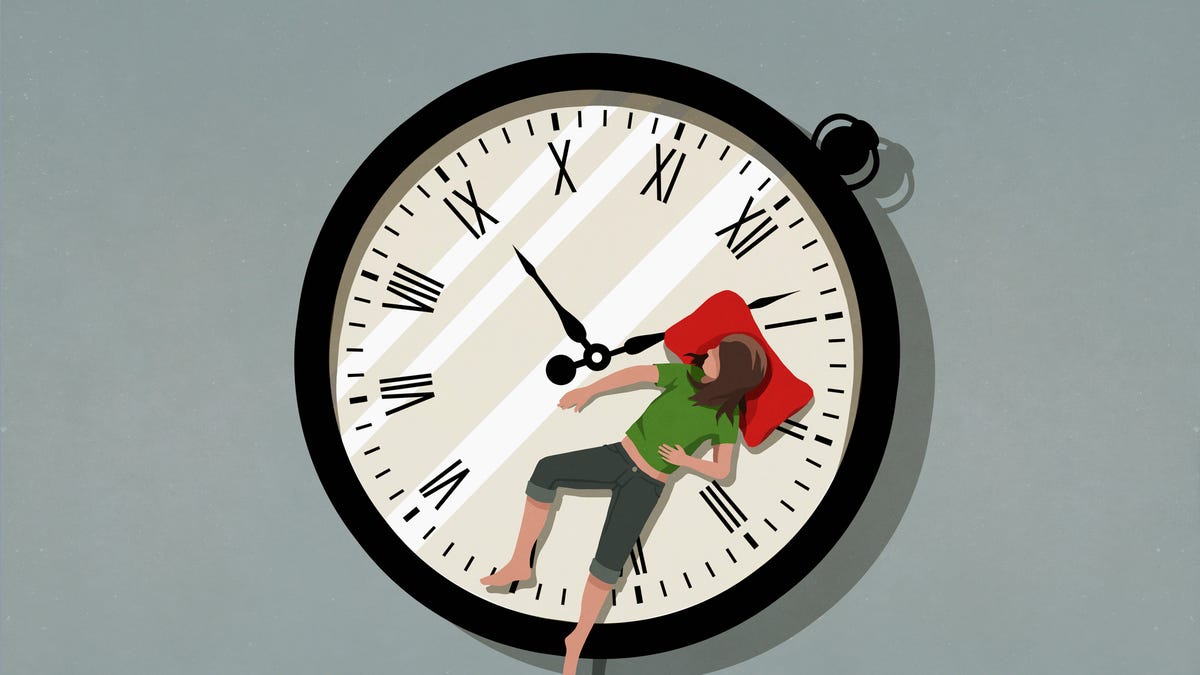Health
Combat Grogginess: Effective Sleep Tips After Daylight Saving Time

The transition to daylight saving time (DST) on March 10, 2024, has left many individuals feeling drowsy and less productive. The adjustment disrupts the body’s natural sleep cycle, which can lead to increased fatigue, mood swings, and even a rise in car accidents. Fortunately, there are several strategies to help mitigate these effects and promote healthier sleep patterns.
Effective Strategies for Better Sleep
To ease the transition after the time change, consider these practical tips that can help reset your body’s internal clock:
1. **Avoid Immediate Adjustments**: Resist the temptation to alter your wake-up time drastically following the switch to DST. Give your body a few days to adjust naturally. In the meantime, a brief afternoon nap of about 20 minutes can provide a boost in energy, while longer naps might leave you feeling groggier.
2. **Limit Stimulants Before Bed**: Steering clear of alcohol, caffeine, and heavy meals in the hours leading up to sleep is crucial. These substances disrupt sleep quality, making it difficult to achieve the recommended seven to nine hours necessary for optimal health.
3. **Seek Morning Light**: If you tend to wake up early, exposing yourself to natural light shortly after getting out of bed can be beneficial. Natural light helps regulate alertness during the day and decreases melatonin production, which is responsible for feelings of sleepiness. Alternatively, consider using a sunrise alarm clock, which simulates natural light to gently wake you up.
The Impact of Daylight Saving Time on Health
The body’s circadian rhythm functions as an internal clock that operates on a 24-hour cycle, heavily influenced by light and darkness. The adjustment brought on by DST can shift this rhythm, causing individuals to feel sleepier during the early morning hours when it is still dark outside, while feeling more awake later in the evening as daylight extends.
This disruption is akin to experiencing jet lag, as seen when traveling across time zones. For instance, a person traveling from New York to California, where there is a three-hour difference, may feel unusually fatigued at what would normally be an acceptable bedtime.
Research indicates that many people experience an average sleep loss of about **40 minutes** on the Monday following the start of DST. This has been linked to various negative consequences, including increased rates of workplace accidents, heart attacks, and vehicular incidents. Such data has prompted discussions among experts advocating for the abolition of DST due to its potential health impacts.
The debate around DST also encompasses its proposed benefits. While statistics show an uptick in car crash fatalities immediately after the time change, some studies suggest that these numbers may decrease over an extended period, possibly due to the extended daylight hours. Additionally, crime rates tend to decline during daylight hours, likely influenced by increased visibility.
Furthermore, DST has implications for energy consumption. A **2008 study** conducted by the **Department of Energy** found that extending daylight saving time by four weeks resulted in a reduction of **1.3 billion kilowatt-hours** of energy usage, equivalent to the annual energy consumption of **100,000 households**.
As discussions about the advantages and disadvantages of daylight saving time continue, individuals can take proactive measures to alleviate the adverse effects associated with this twice-yearly adjustment. By implementing these sleep strategies, people can enhance their well-being and adapt more smoothly to the changing clock.
-

 Technology5 months ago
Technology5 months agoDiscover the Top 10 Calorie Counting Apps of 2025
-

 Health2 months ago
Health2 months agoBella Hadid Shares Health Update After Treatment for Lyme Disease
-

 Health3 months ago
Health3 months agoErin Bates Shares Recovery Update Following Sepsis Complications
-

 Technology4 months ago
Technology4 months agoDiscover How to Reverse Image Search Using ChatGPT Effortlessly
-

 Technology1 month ago
Technology1 month agoDiscover 2025’s Top GPUs for Exceptional 4K Gaming Performance
-

 Technology2 months ago
Technology2 months agoElectric Moto Influencer Surronster Arrested in Tijuana
-

 Technology5 months ago
Technology5 months agoMeta Initiates $60B AI Data Center Expansion, Starting in Ohio
-

 Technology5 months ago
Technology5 months agoRecovering a Suspended TikTok Account: A Step-by-Step Guide
-

 Health4 months ago
Health4 months agoTested: Rab Firewall Mountain Jacket Survives Harsh Conditions
-

 Lifestyle5 months ago
Lifestyle5 months agoBelton Family Reunites After Daughter Survives Hill Country Floods
-

 Technology4 months ago
Technology4 months agoHarmonic Launches AI Chatbot App to Transform Mathematical Reasoning
-

 Technology3 months ago
Technology3 months agoUncovering the Top Five Most Challenging Motorcycles to Ride




















